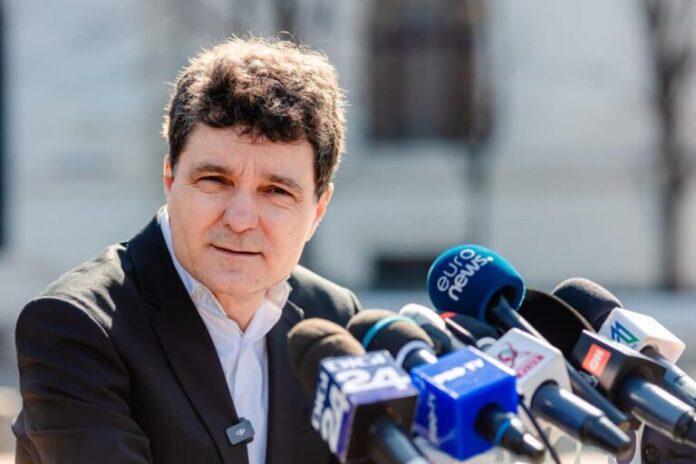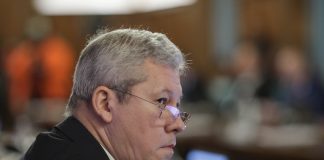Bucharest General Mayor Nicusor Dan unveiled at a press conference on Thursday the 20 requests he is going to present the candidates in the upcoming presidential and parliamentary elections.
He said that starting next week he will seek meetings with the office hopefuls to learn if they support these plans or not.
The 20-point initiative plan includes the amendment of the Law on Local Public Finances so that the General Council, not Parliament, be responsible for assigning the money from the taxes and fees paid by the Bucharesters to the General City Hall and sector mayor’s offices, as is done in all European capitals with administrative subdivisions, because such a measure would ensure consistency and the implementation of an overall vision.
Another request refers to the amendment of the Tax Code so as to allow territorial administrative units to take out loans in proportion to their population, because currently, under „the so-called cap law, the Municipality of Bucharest can borrow just as much as the municipality of Fagaras, Resita or Alexandria. Obviously, the development needs of these cities are quantitatively different,” said the General Mayor.
Nicusor Dan also wants all building permits in Bucharest to be issued by the General Mayor and all urban planning documents for the capital city to be voted on by the General Council, as he considers this measure to be a guarantee for coherence, traffic decongestion, but also because „illegality is currently deeply ingrained” in procedures for the issuance of town planning permits and documentation.
Another request concerns the Urban Planning Code, which is now under debate, more precisely „the limitation of exemptions” regarding urban planning indicators.
„As per the current version of the draft Code, we have a General Urban Plan which scientifically sets forth certain building indicators in certain areas, yet a private person can come and ask the mayor – and the mayor cannot refuse – for a 20% supplementation of what is written in the city law,” the General Mayor explained.
AGERPRES




